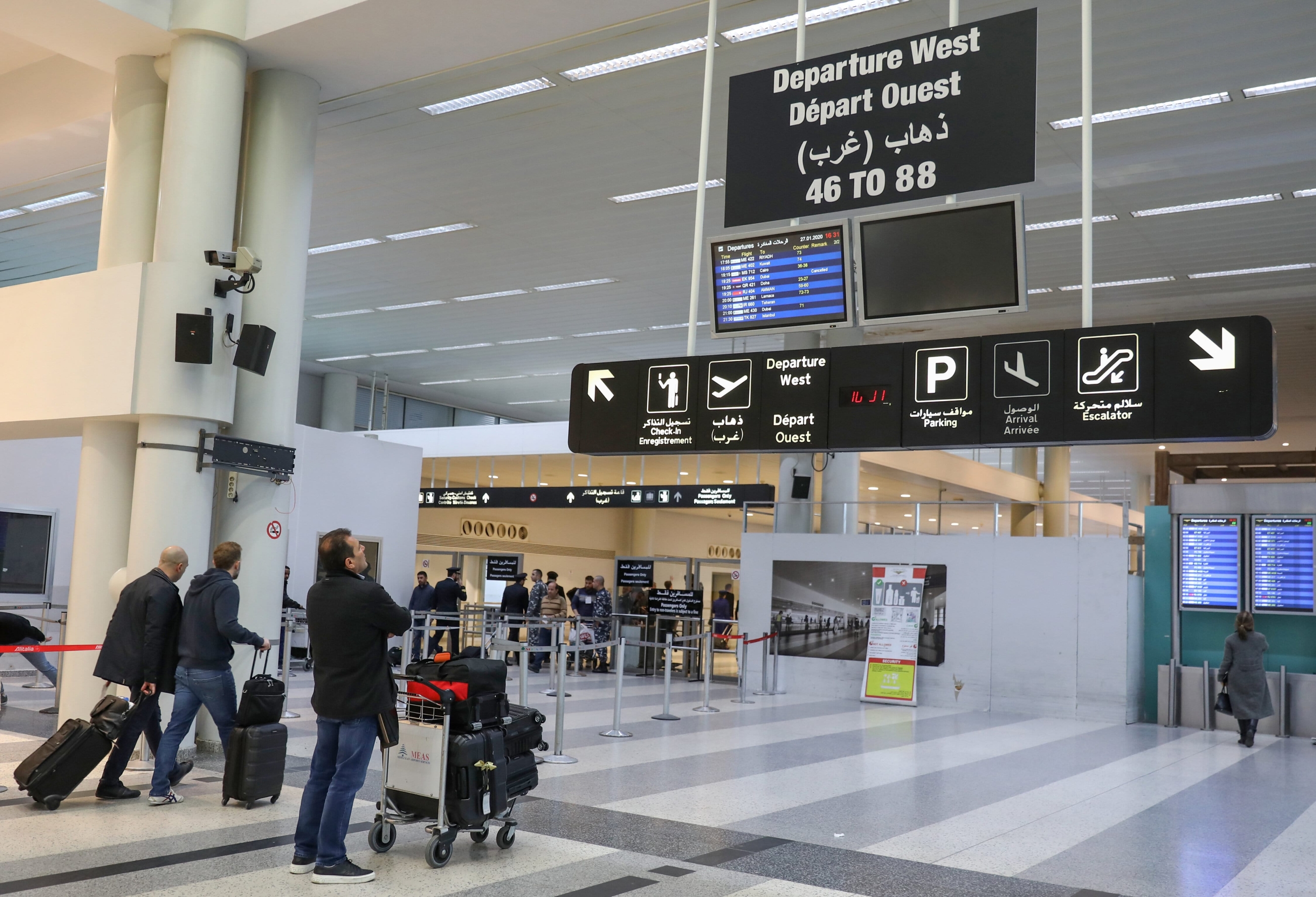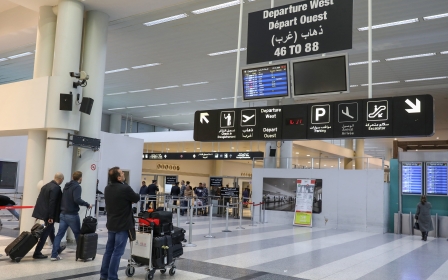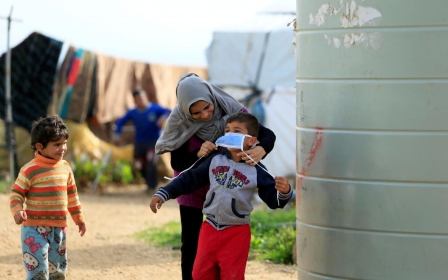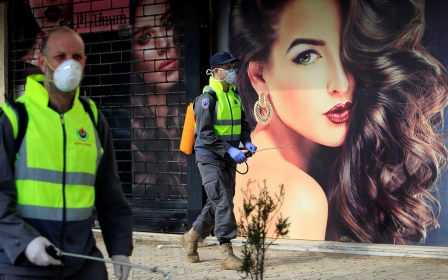Coronavirus: Lebanese stranded abroad by pandemic begin to fly home

Several flights carrying Lebanese stranded abroad by coronavirus lockdowns began arriving in Beirut on Sunday, part of a trial run to see whether thousands looking to come home can be safely repatriated without worsening the country's outbreak.
Their return became a charged issue after powerful parliament speaker Nabih Berri threatened to suspend support for the government if it did not act quickly. Other top figures also urged immediate action.
Lebanon's crippling financial crisis, including tight capital controls, has complicated the plight of Lebanese stuck abroad, with tough restrictions on accessing cash.
The government has pledged to help to ease bank transfers for students overseas.
Prime Minister Hassan Diab, speaking to reporters at Beirut international airport on Sunday, said about 21,000 Lebanese had registered for flights back to Lebanon.
Four flights on Sunday, from Riyadh, Abu Dhabi, Lagos and Abidjan, will return about 400 passengers, airport sources told Reuters.
They will be tested for coronavirus at the airport and quarantined at hotels while awaiting results.
"Hopefully this cloud, the cloud that is the health situation with corona, passes quickly and infections are minimal for Lebanese whether at home or abroad," said Diab.
Lockdown measures tightened
Lebanon has recorded 527 coronavirus cases and 17 deaths.
Health officials warn that many facilities are ill-equipped to take on a major outbreak of the pandemic amid a months-long dollar shortage that has disrupted supply chains.
Lebanon said on Sunday it was tightening lockdown measures further to contain viral contagion, restricting the movement of cars, trucks and motorcycles to three assigned days per week.
It has also shut most businesses and has imposed an overnight curfew.
Middle East Eye delivers independent and unrivalled coverage and analysis of the Middle East, North Africa and beyond. To learn more about republishing this content and the associated fees, please fill out this form. More about MEE can be found here.




